|
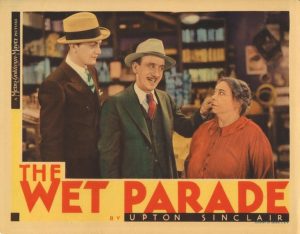
Synopsis:
After her alcoholic father (Lewis Stone) commits suicide out of shame, a young woman (Dorothy Jordan) concerned about her hard-drinking brother (Neil Hamilton) follows him to Chicago, where he’s working in a hotel run by an alcoholic (Walter Huston) and his tee-totaling son (Robert Young). When alcohol-related tragedy strikes Young’s household as well, he and Jordan (who have fallen in love) decide to join forces in Prohibition’s fight against bootlegged liquor.
|
|
Genres, Themes, Actors, and Directors:
- Alcoholism and Drug Addiction
- Lewis Stone Films
- Morality Police
- Myrna Loy Films
- Prohibition Era
- Robert Young Films
- Victor Fleming Films
- Walter Huston Films
Review:
This Pre-Code drama (based on a 1931 novel by Upton Sinclair) about the emergence of Prohibition tells a powerfully interwoven tale of two families impacted by both alcohol and America’s failed attempts to eradicate its production and distribution. Made during the tail-end of Prohibition (which lasted from 1920-1933), this film is clearly critical of the soon-to-be-abolished constitutional amendment, while also sympathetically establishing the rationale for its roots. Each scene builds dramatically upon the next, showcasing a cast of characters whose motivations range from simply enabling their own addiction, to making a buck off of ignorant consumers, to attempts to reduce suffering through elimination of both legitimately produced alcohol and its toxic replacements. Young and Huston turn in especially impactful performances, showing the tragedy of a grown son watching his father destroy his life. Thankfully, the ending is hopeful, prophesying that all will be remedied by the time the new generation comes of age — not true, of course, but at least strides to understand and address alcoholism as a disease have been made since then. Ken Burns and Lynn Novick’s 5.5 hour documentary series Prohibition (2011) is strongly recommended as accompanying viewing for this film.
Note: Watch for Jimmy Durante in a comic relief role (doing his “ha-cha-cha-cha” schtick) as Young’s colleague, and Myrna Loy as Hamilton’s cynical girlfriend.
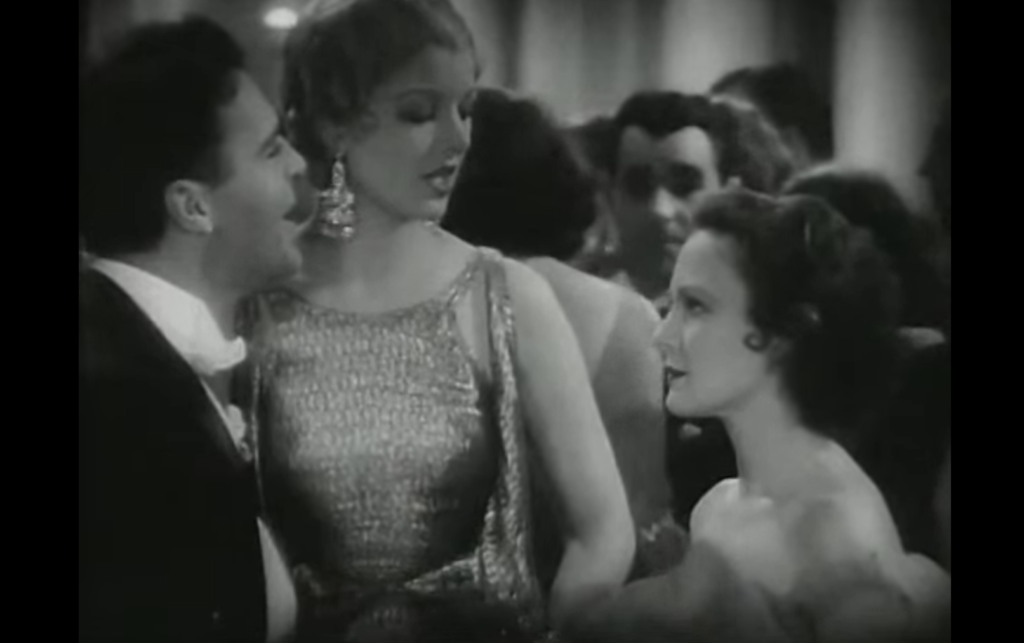
Redeeming Qualities and Moments:
- Robert Young and Walter Huston as Kip and Pow Tarleton
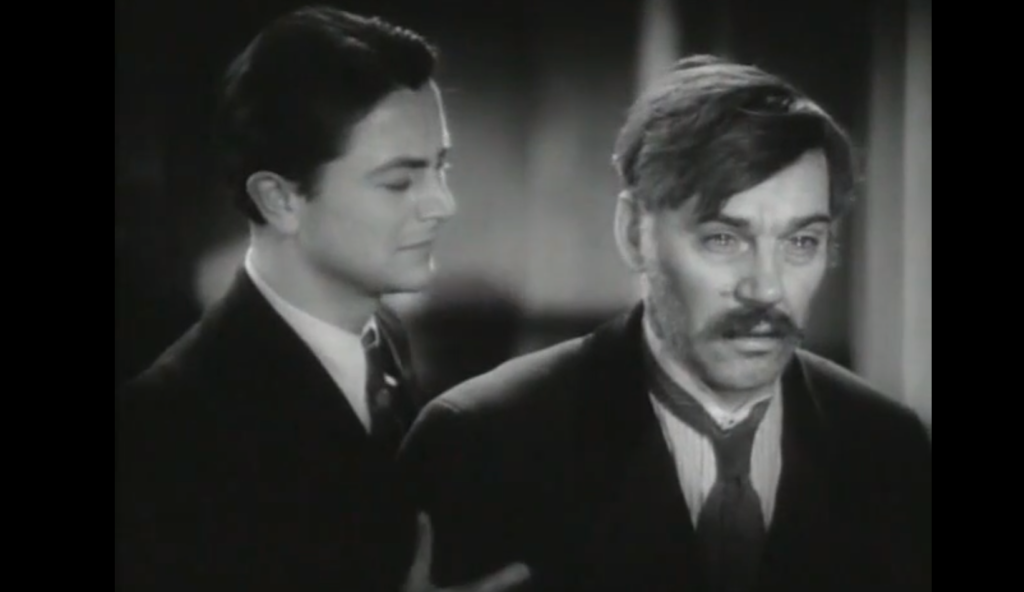
- George Barnes’ cinematography
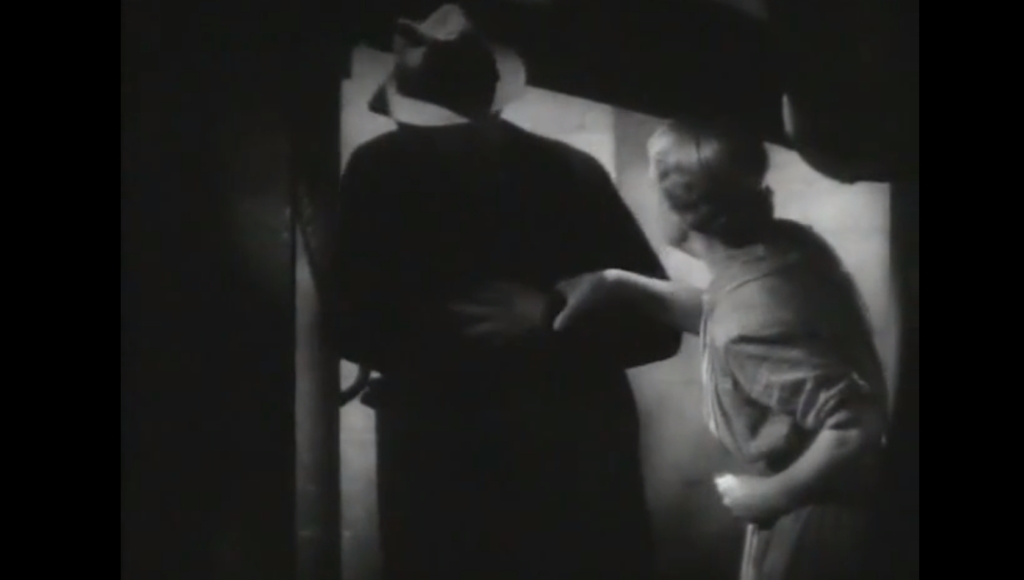
- A powerful historical glimpse at Prohibition and its impacts
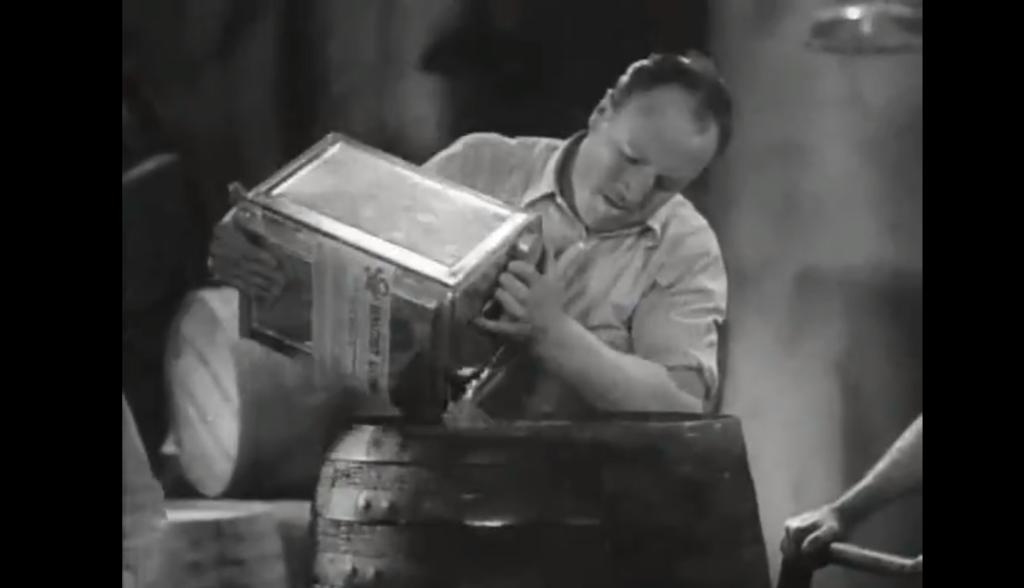
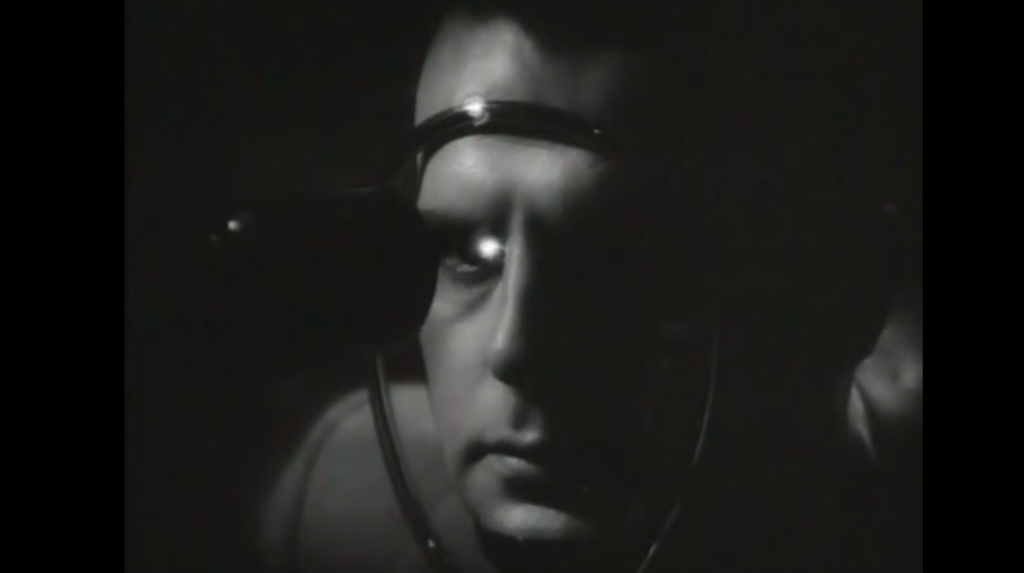
Must See?
Yes, as a fine film showing a critical era in American history.
Categories
Links:
|






One thought on “Wet Parade, The (1932)”
A once-must, for its place in cinema history; most notable for its script (the hard-hitting treatment of its subject matter) and Victor Fleming’s direction.
The film depicts a number of people with serious drinking problems – so it’s not a particularly easy watch, but it’s a film that should be seen.